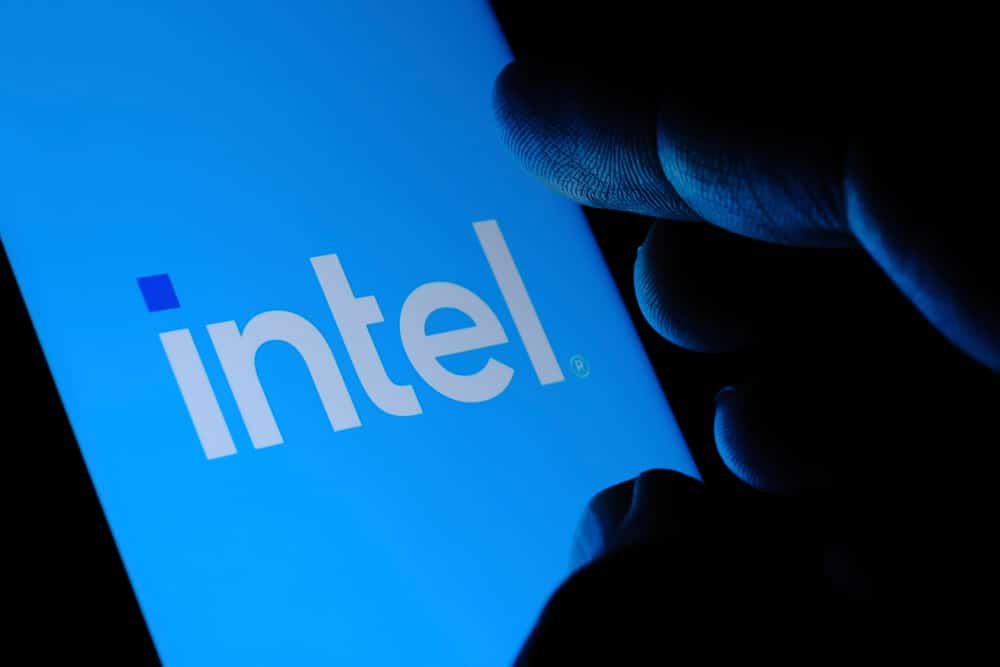Intel has announced that it will make its factories available for the production of ARM chips, enabling the British chip designer to be less dependent on parties such as TSMC and Samsung. Recently, Intel kept its own production capacity to itself, but since Pat Gelsinger took over as CEO in 2021, it has become clear that many changes are on the way. Intel processors were stuck on its proprietary 14-nanometer process for a long time, and failed to make a major leap forward in performance. Now, with the competition from TSMC and Samsung increasing, parties such as ARM are also interested.
Thanks to the deal with ARM, Intel is entering a new market. While it has a huge share in the PC and laptop market, it has not been able to penetrate the mobile phone market. This seems to be a first step from Intel to cut off its chip production competitors. ARM processors dominate the smartphone industry, with 95 percent of the market share in the “premium” segment.
The deal with ARM offers the American tech giant the opportunity for diversification in tumultuous times. There has been a large surplus of processors for some time now, and Intel is still by far the market leader despite strong competition from AMD.





